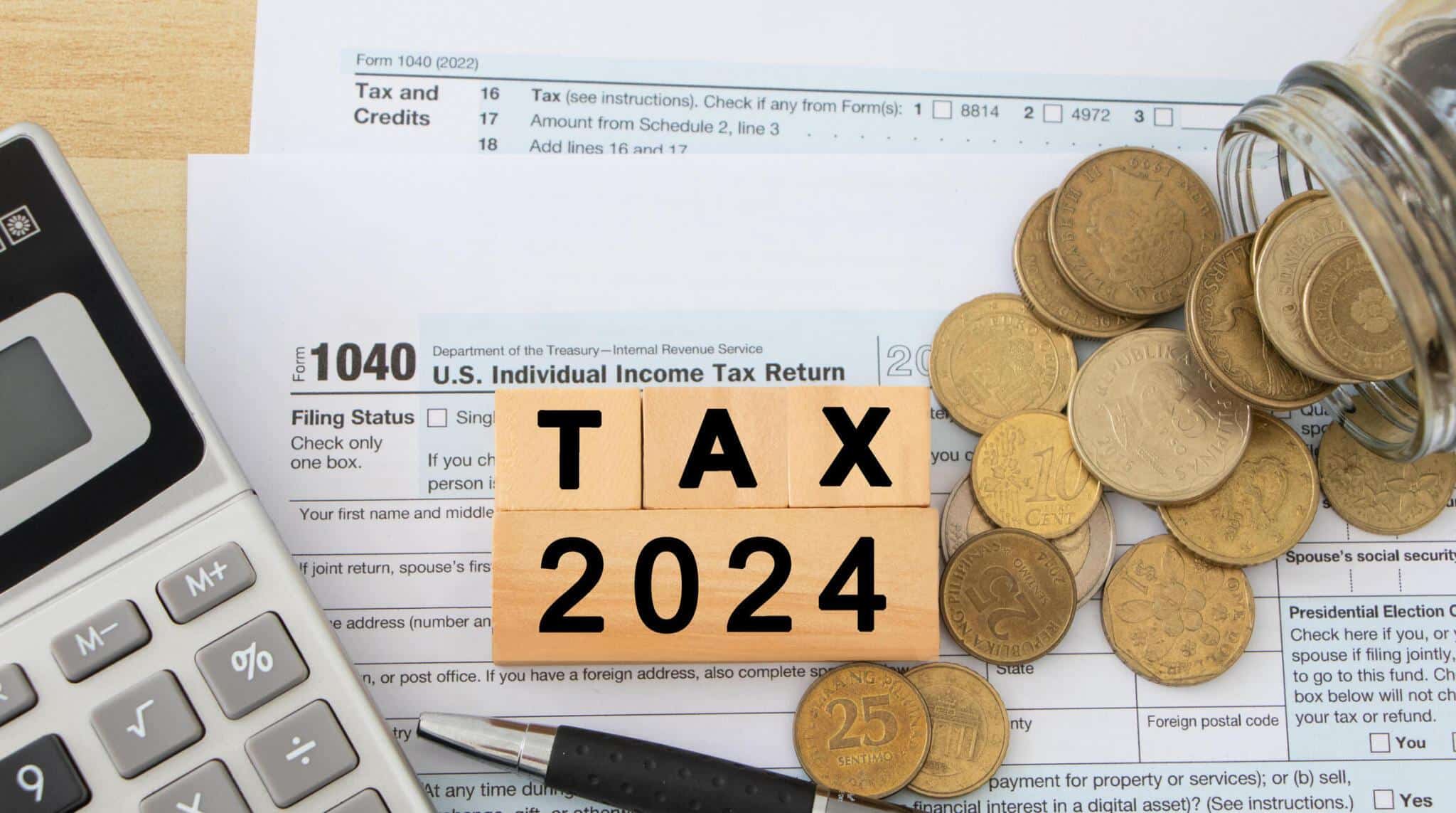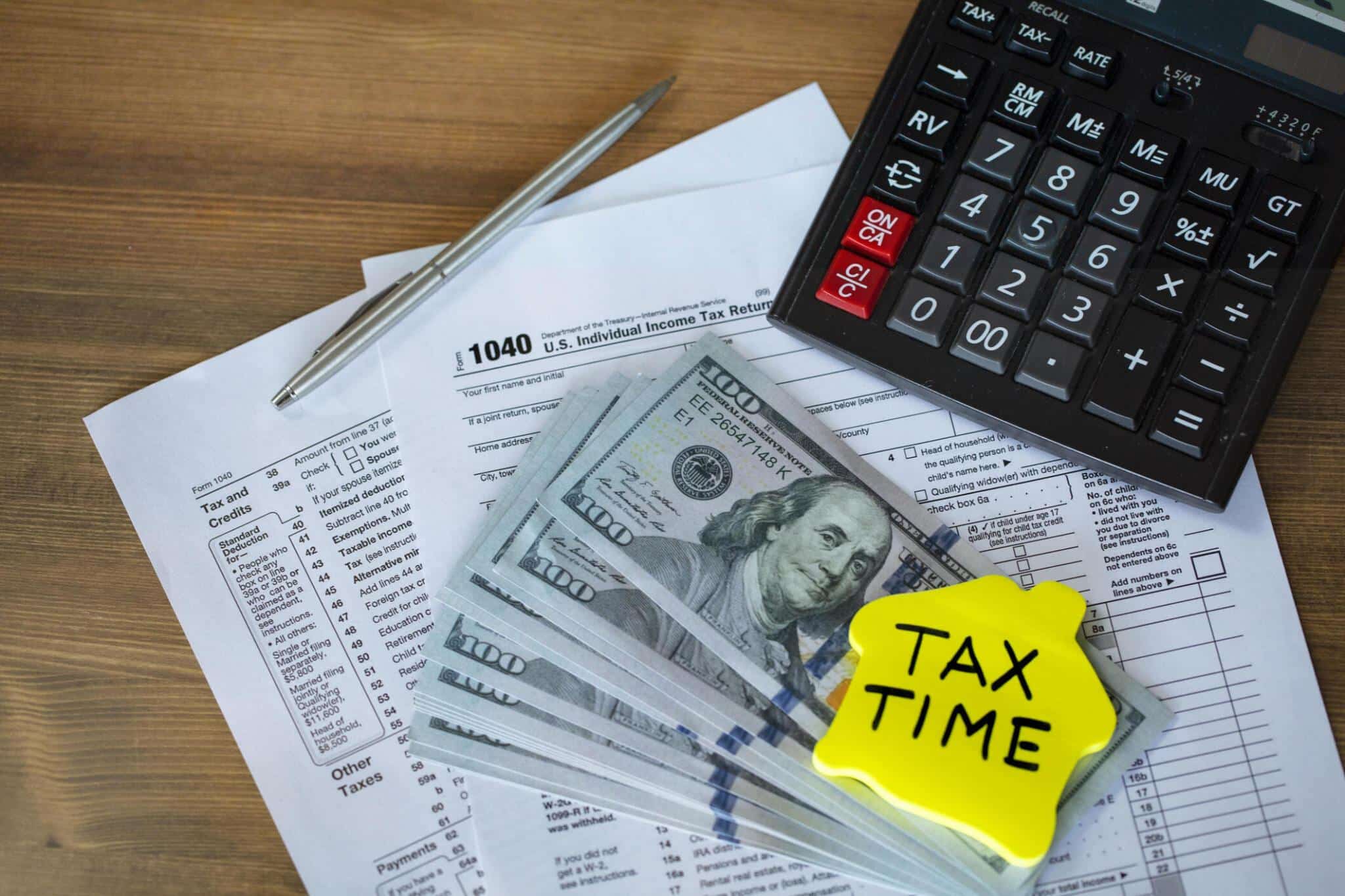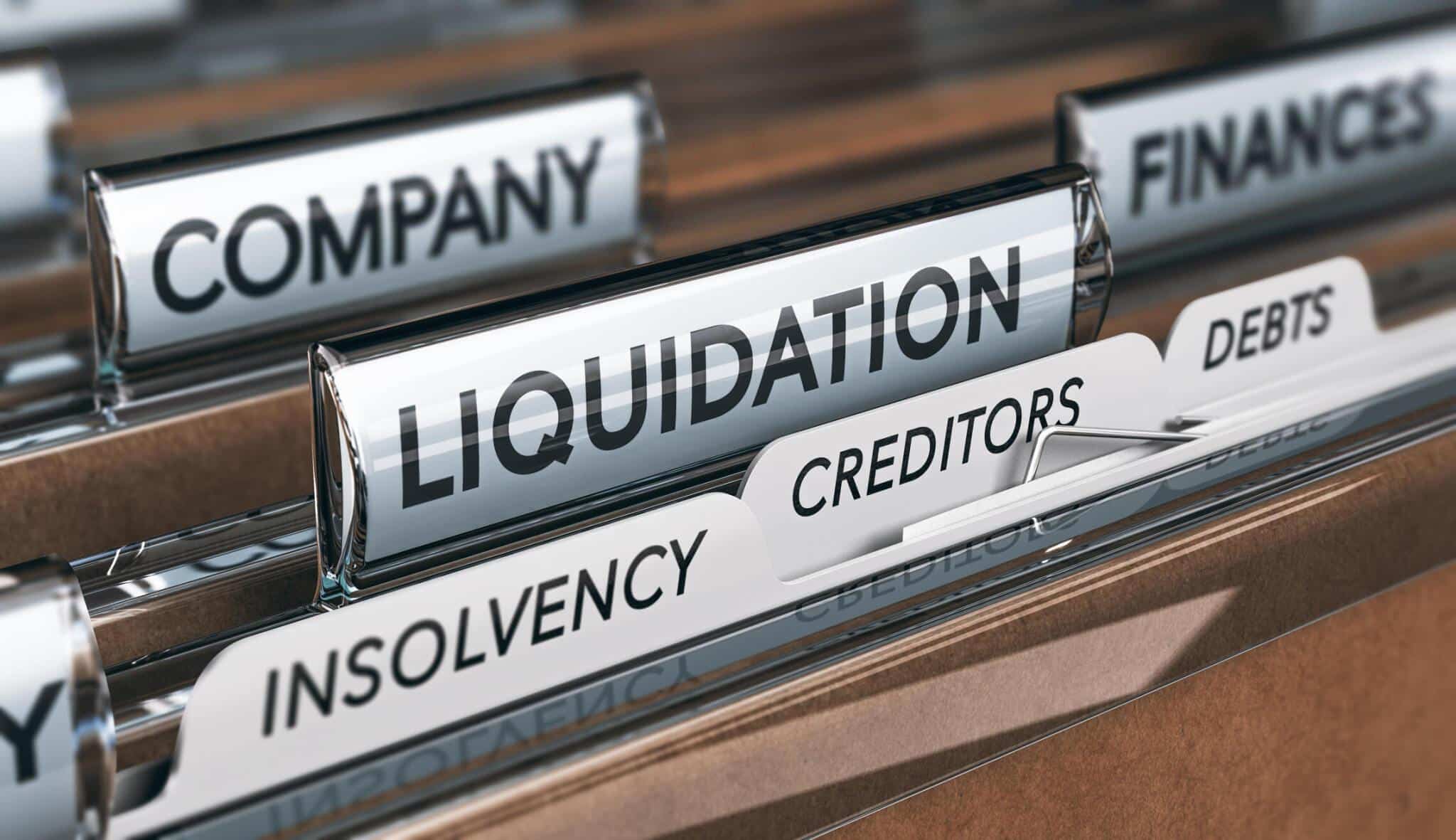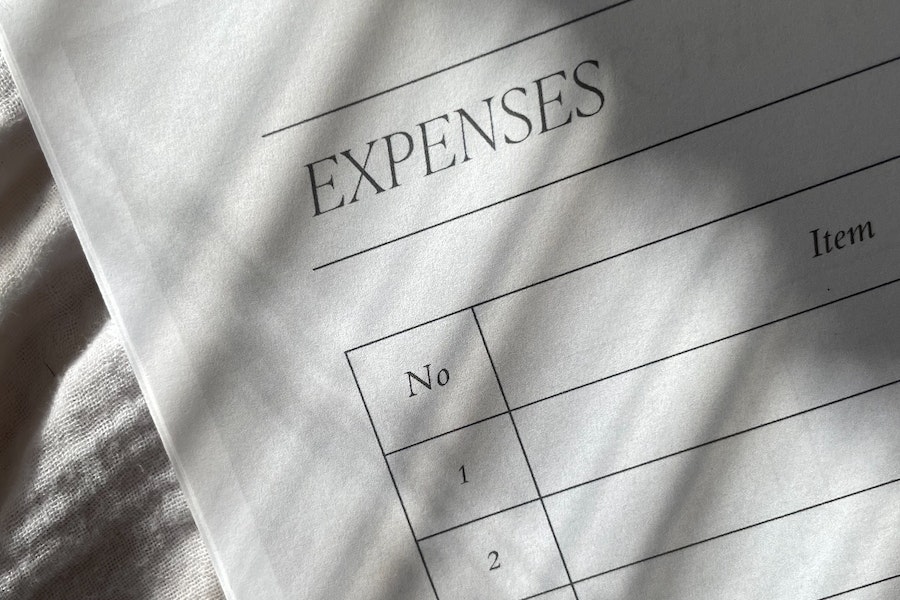During COVID, financial pressures meant many companies increased their tax debt and missed making essential superannuation and tax payments on behalf of their staff. In 2022, the ATO began making efforts to rectify this situation by issuing Director Penalty Notices (DPN).
If your business tax situation is not under control, take a minute to understand what a DPN is and learn how your tax accountant can help you avoid receiving one.
Note that this article is not personal financial advice.
What is a Director Penalty Notice?
A Director Penalty Notice is sent to a company director if the business has failed to meet its obligations in terms of paying GST, PAYG withholding tax and superannuation for staff. The notice can be sent to an existing company director (if they have been in their role for more than 30 days) or a company director who has resigned but was responsible for overseeing business finances during the period when the debts were incurred.
Before the notice is issued, a pre-DPN will be issued to alert the Director/s that the ATO is undergoing an assessment to decide if a DPN should be issued.
Once issued, a DPN makes the director personally liable for the business’s unpaid GST, tax and superannuation.
It will then be up to the Director/company to share evidence that it is taking action to resolve the debt.
The ATO has issued tens of thousands of these notices in 2022, which is keeping tax accountants very busy.
Non-lockdown DPN
DPNs fall into two categories.
A non-lockdown DPN gives directors 21 days to avoid being personally liable for business debts. It will be sent if business activity statements (BAS) were lodged within 3 months of being due and if the SGC statements were lodged within 1 month and 28 days after the end of the quarter that the amounts due relate to, but the debts have not been paid.
To take action, firstly the Director can pay the debt in full.
If this is not possible, they may be able to appoint a Small Business Restructuring Practitioner to help bring tax obligations under control. Otherwise, they can place the company into voluntary administration or work towards liquidation.
A tax accountant can help you to take steps to resolve a non-lockdown DPN if you receive one.
Lockdown DPN
When obligations for PAYG tax and superannuation are not met and a company has not lodged tax returns within three months of the due date, a lockdown DPN may be issued, which is effective immediately.
The only way to avoid being personally liable for the debt is to pay it off.
There are some ways to defend a DPN, for example if it can be proven that the director was ill when the bills became overdue, and that they took all reasonable steps to pay the outstanding amounts. Alternatively, the director may be able to prove they weren’t in control of the company when the debts were incurred.
How to avoid a DPN
Having a proactive tax accountant who works in conjunction with your bookkeeper to ensure your business pays tax on behalf of your staff, makes the necessary superannuation contributions and pays GST each quarter as required will save a company Director from finding themselves suddenly personally responsible for paying a large amount of money.
If you are concerned about whether or not your business is up to date with taxes etc, find a tax accountant to work with as soon as possible. This professional can help you negotiate with the tax department and work out a payment plan.
The ATO is a business in its own way; it has the right to chase up money it is legally owed. In addition to this, business owners have a legal obligation to pay their staff superannuation.
However, the benefit of the ATO is flexibility. Payment plans can be arranged to make debt more manageable. There may be interest charged but if you agree to make regular payments and stick to them you should be able to create some breathing room.
Need a tax accountant to help you avoid receiving a Director Penalty Notice? Reach out to Mobbs & Co today.










